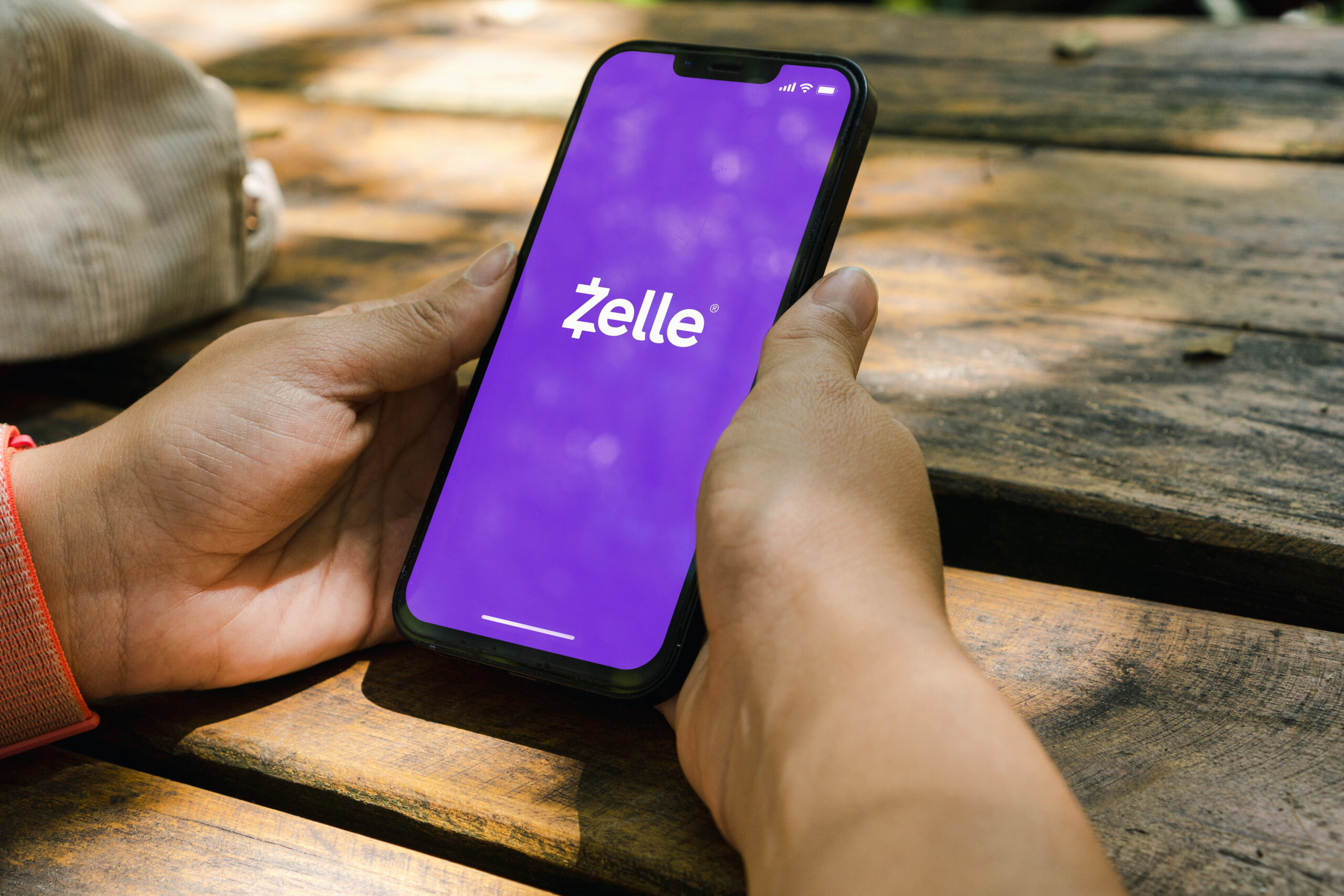The digital landscape has been shaken by the disturbing revelation that “Sign in with Apple,” a feature designed for user convenience and privacy, has been exploited on multiple deepfake nudes sites. This alarming discovery highlights the vulnerabilities of even the most secure online systems and raises serious concerns about the misuse of personal data in the age of artificial intelligence.
The exploitation of “Sign in with Apple” on deepfake nudes sites is a stark reminder of the risks associated with online platforms and the potential for misuse of personal information. While “Sign in with Apple” offers a convenient and secure way to access online services, it is crucial for users to remain vigilant and exercise caution when sharing their personal data. The fight against deepfake technology and the protection of online privacy require a collective effort from individuals, tech companies, and regulatory bodies.
Unveiling the Exploitation
The exploitation of “Sign in with Apple” on deepfake nudes sites came to light through the tireless efforts of cybersecurity researchers and online privacy advocates. Their investigations revealed that several deepfake nudes sites were allowing users to create accounts and access explicit content using their Apple ID credentials. This discovery raised immediate concerns about the potential for misuse of personal data and the violation of user privacy.
The exploitation of “Sign in with Apple” on deepfake nudes sites has far-reaching implications for online privacy and security. It highlights the need for increased vigilance and caution when using online services and sharing personal data. The fight against deepfake technology and the protection of online privacy require a collective effort from individuals, tech companies, and regulatory bodies.
The Mechanics of Misuse
The misuse of “Sign in with Apple” on deepfake nudes sites involved a complex web of technological manipulation and deception. These sites exploited the feature’s convenience and security to gain access to user data, including email addresses, names, and profile pictures. This information was then used to create personalized deepfake nudes, further violating the privacy and dignity of unsuspecting individuals.
The exploitation of “Sign in with Apple” on deepfake nudes sites has raised serious concerns about the misuse of personal data and the potential for harm. The victims of this exploitation face not only the violation of their privacy but also the emotional distress and reputational damage associated with the circulation of deepfake nudes. It is crucial for individuals to remain vigilant and exercise caution when sharing their personal data online.
The Ripple Effects
The exploitation of “Sign in with Apple” on deepfake nudes sites has sent shockwaves through the digital community. It has exposed the vulnerabilities of even the most secure online systems and raised serious questions about the responsibility of tech companies in protecting user data. The victims of this exploitation face not only the violation of their privacy but also the emotional distress and reputational damage associated with the circulation of deepfake nudes.
The misuse of “Sign in with Apple” on deepfake nudes sites underscores the urgent need for stricter regulations and enhanced security measures to combat the spread of deepfake technology. It is imperative for tech companies to prioritize user privacy and take proactive steps to prevent the misuse of their platforms. Individuals must also remain vigilant and exercise caution when sharing their personal data online.
The Path Forward
The exploitation of “Sign in with Apple” on deepfake nudes sites serves as a wake-up call for the digital community. It is a stark reminder of the challenges and risks associated with online platforms and the potential for misuse of personal information. The fight against deepfake technology and the protection of online privacy require a collective effort from individuals, tech companies, and regulatory bodies.
- User Awareness and Education: It is crucial for individuals to be aware of the risks associated with online platforms and the potential for misuse of their personal data. Education and awareness campaigns can help users make informed decisions about sharing their information and protect themselves from online threats.
- Tech Company Responsibility: Tech companies have a responsibility to prioritize user privacy and take proactive steps to prevent the misuse of their platforms. This includes implementing robust security measures, monitoring for suspicious activity, and taking swift action against those who violate their terms of service.
- Regulatory Frameworks: The fight against deepfake technology and the protection of online privacy require a strong regulatory framework. Governments and regulatory bodies must work together to develop and enforce laws that hold individuals and organizations accountable for the misuse of personal data and the creation and distribution of deepfake content.
- Technological Advancements: The development of advanced technologies to detect and combat deepfakes is crucial in the fight against this growing threat. Researchers and tech companies must continue to invest in the development of tools and algorithms that can identify and flag deepfake content, helping to protect individuals from the harmful effects of this technology.
The exploitation of “Sign in with Apple” on deepfake nudes sites is a disturbing reminder of the challenges we face in the digital age. It is a call to action for individuals, tech companies, and regulatory bodies to work together to protect online privacy, combat the spread of deepfake technology, and create a safer and more secure online environment for all.










Add Comment